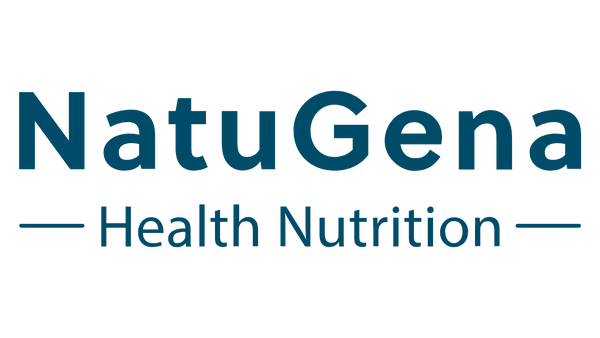
An Extremely Useful Vitamin Cheat Sheet!
Share
Vitamins are essential organic compounds that our bodies need to function properly. They play crucial roles in various bodily processes, including metabolism, immunity, and overall health. Obtaining vitamins from your daily diet is vital for maintaining optimal health. Here’s a guide to the main vitamins and their food sources.
Vitamin A
➖ Carrots, citrus fruits, butter, cheese, eggs.
Vitamin D
➖ Milk, eggs.
Vitamin E
➖ Corn, sunflower oil, olive oil, peas.
Vitamin K
➖ Green leafy vegetables, spinach, Brussels sprouts, cauliflower, whole grains.
Vitamin B1
➖ Oats, nuts (hazelnuts).
Vitamin B2
➖ Wheat bran, soybeans, broccoli, sprouts, egg yolk, cheese.
Vitamin B3 (Niacin)
➖ Green vegetables, nuts, whole grains, yeast, milk, cheese.
Vitamin B5
➖ Yeast, legumes, mushrooms, rice.
Vitamin B6
➖ Green leafy vegetables, milk, eggs.
Vitamin B9 (Folic Acid)
➖ Nuts, green leafy vegetables, beans, bananas, oranges, eggs, meat by-products.
Vitamin B12
➖ Yeast, algae, caviar, eggs, cheese, milk, curd.
Vitamin H (Biotin)
➖ Egg yolk, liver.
Beta-Carotene
➖ Carrots, parsley, spinach, spring vegetables, melon, tomatoes, asparagus, cabbage, broccoli, and apricots.
Conclusion
Incorporating a variety of these foods into your daily diet can help ensure you meet your vitamin needs. A balanced diet rich in fruits, vegetables, whole grains, and lean proteins will not only provide essential vitamins but also promote overall health. Remember, it’s always best to obtain nutrients from whole foods rather than supplements unless advised by a healthcare professional.
By understanding vitamins' role in our health and making informed choices about diet, we can better support our overall well-being.
